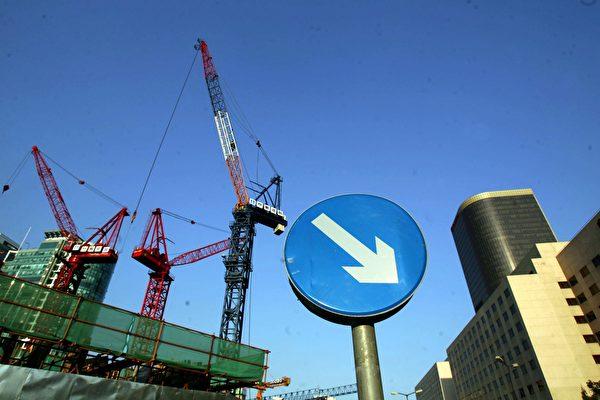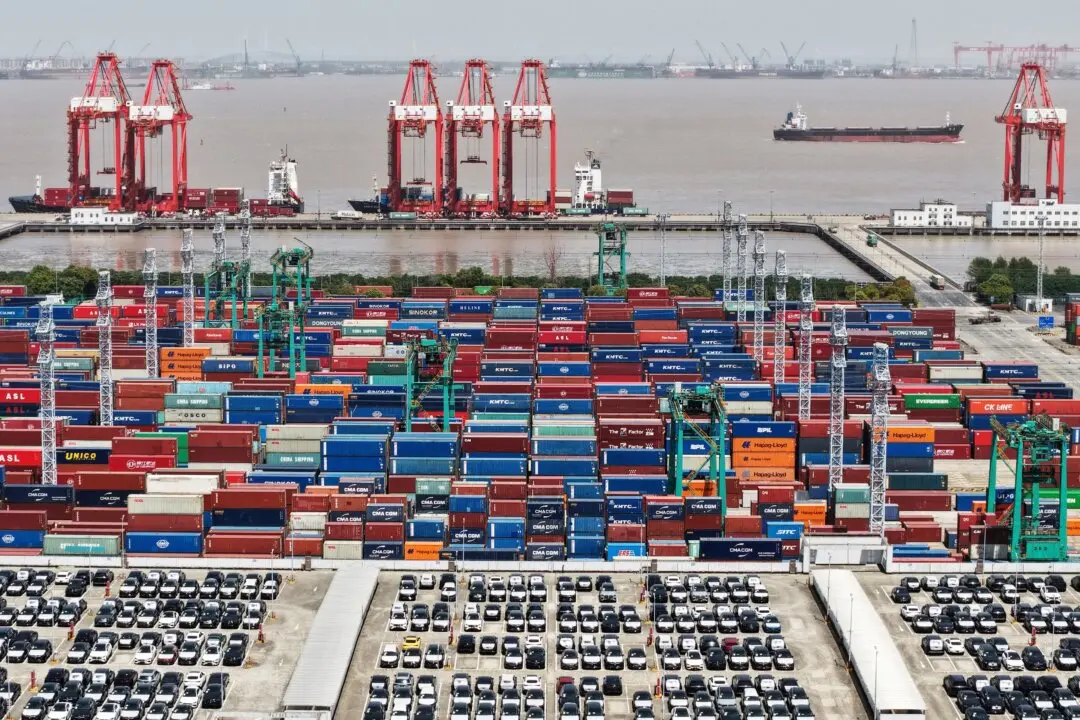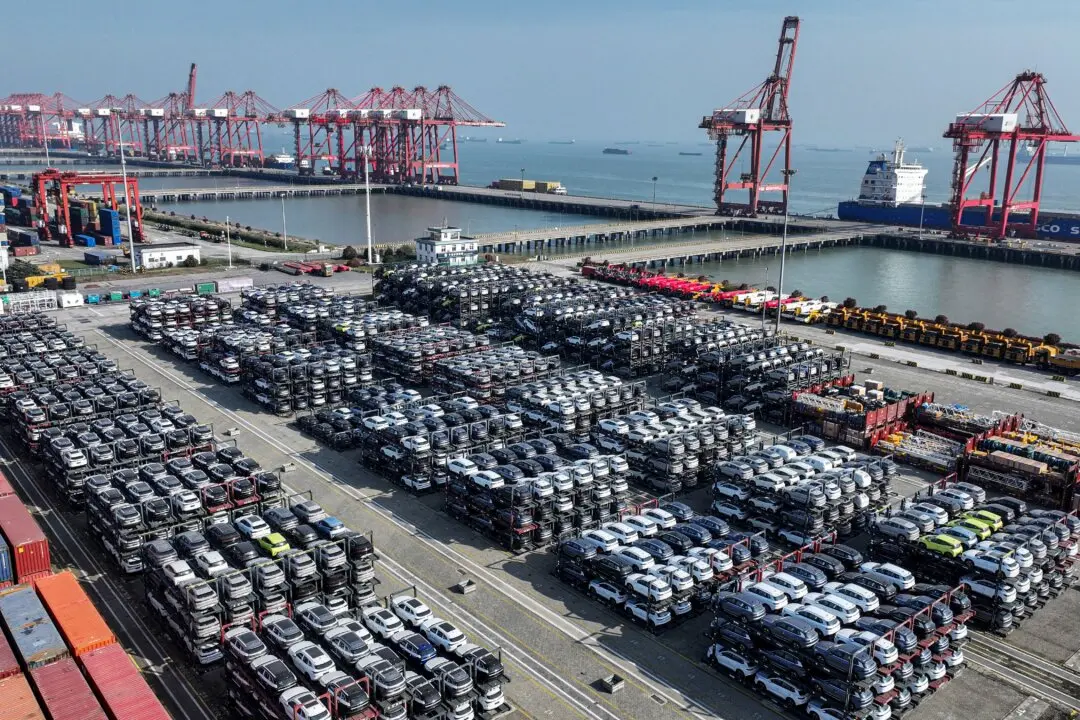Commentary
Public perceptions of China have hardly changed over the past year. This is amazing, given all the ugly financial and economic news of the past 12–18 months. China has a very different look now than in this backward-looking view. As the news of trouble gains greater currency, global perceptions will suffer a shock and then change fast.





